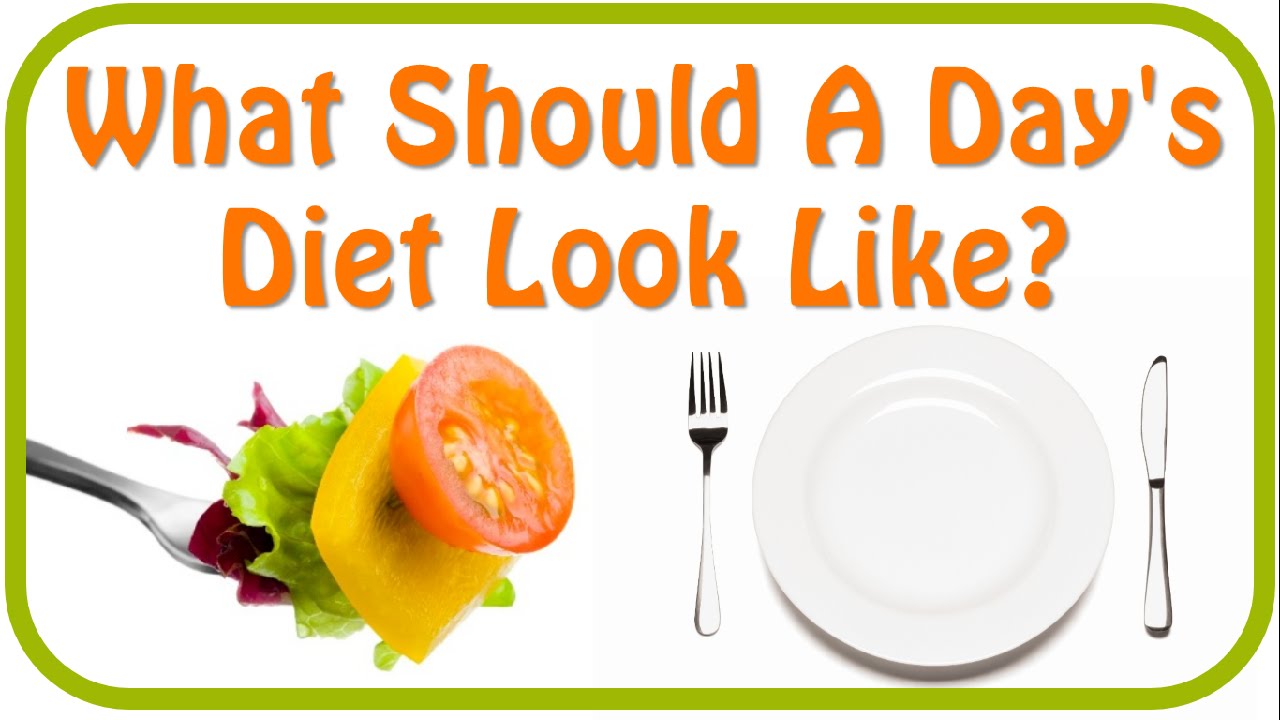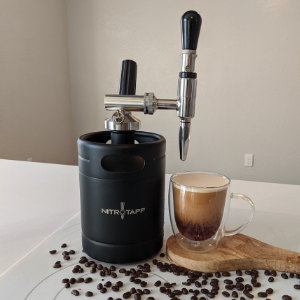
You may be wondering what foods to eat if you are struggling to find the energy to do your daily tasks. Citrus fruits have lots of vitamin C that provides energy.
Foods that give you energy
Natural energy is available in a wide range of foods. Nuts, for example, are one of the best sources of energy. They are rich sources of vitamin E and magnesium. Leafy greens are another great source of nutrients. These vegetables are rich in iron, calcium and magnesium as well as potassium. Peanut butter, which is rich in protein and fiber, is a great energy booster. It stabilizes blood sugar and curbs hunger.
Good fats
Fat is the body's primary source of energy. It is also responsible for the production of hormones and nerve tissue, as well as helping to absorb vitamins and regulate inflammation. However, not all fats are created equal. Certain fats can cause more health issues and even lead to obesity. Bad fats can cause high blood pressure and high levels of total cholesterol. This can increase your chances of developing heart disease.

Complex carbs
Complex carbs are a type that is difficult to digest. Complex carbs are slower to digest and can help you feel fuller longer. They also reduce your desire for sweet foods. They are also good for preventing sugar cravings.
Exercise
A diet rich in high-quality carbohydrates is a powerful energy source for moderate-to-high-intensity workouts. These carbohydrates are easily converted into glucose and stored as glycogen to be used later. The glycogen stores should be replenished before and during exercise. You should plan your meals based on how intense, long, and what type of workout you are doing. Some activities use energy very quickly, while others require constant fuel supply.
Citrus fruits
Citrus fruits are widely planted all around the world. Citrus fruits are widely grown all over the world. They are also used in traditional Asian medicinal practices. In addition to their high-energy content, Citrus fruits also contain multiple secondary metabolites, including flavonoids, alkaloids, phenolic acids, and essential oils.
Ashwagandha adaptogen
Ashwagandha, an adaptogen herb, is a great way to boost your energy. The herb comes from the root of an evergreen shrub and has both a stimulating and calming effect. The herb is thought to lower cortisol levels, which can lead to anxiety, weight gain, and cardiovascular problems. Hyperthyroidism patients and those with a history or thyroid disease should avoid taking the herb.

Coffee
Coffee is a great source of energy, but there are some cautions to follow. It can cause serious health problems if you drink too much. You may feel tired due to the high sugar content. Additionally, the body can produce cortisol (a hormone that causes fatigue), from excessive consumption. You can also experience a spike in blood sugar, which can lead to a loss of energy.
Water
There is considerable heterogeneity in studies evaluating the effects of water consumption on energy intake and weight loss. Some studies did not find any effect while others reported a 14.9% increase on TEI. While the findings from these studies are inconsistent, epidemiologic studies and intervention trials have suggested that water may reduce energy intake and promote weight loss.
FAQ
What's the difference between intermittent fasting versus calorie restriction
Calorie restriction is when you eat less than your body needs. Intermittent fasting differs from other types of intermittent fasting in that it does not restrict calories. Rather, it focuses on eating fewer calories throughout the day.
Intermittent fasting works better because it allows for you to enjoy your favorite foods without feeling guilty.
Each method has its pros and cons. You have to decide which method you prefer.
How Much Weight Can You Lose in a Week?
Your body fat percentage determines how much weight you are able to lose. You need to determine how much weight loss you are looking for. Your BMI is a measure of how much weight you need to lose. If your BMI is 25 or greater, you're overweight. If your BMI is more than 30, you are obese.
For example, if 200 pounds is your BMI, it would be 28.7. To drop to a healthy range of weight, you will need to lose approximately 70 pounds. To see if you're overweight, visit www.healthyminds.com/bmi/.
You can calculate the number of pounds you'll lose each week by knowing your BMI.
(Your Goal Weight - Current Weight)/BMI * 7 Number Of Pounds Lost Per Week
You would need to do 2 weeks of exercise to lose 50 lbs in one month. This is equal to 56 days. Divide that by 7 pounds per week. That's 8.3 pounds per week.
You could also try this calculator from www.weightlosscalculator.net. It gives you a rough estimate of how many calories you should eat daily to lose 1 pound per week.
What can you drink while intermittent fasting is in effect?
You should try drinking water first thing in the morning. This will make you feel fuller and give you energy all day. Add lemon juice or cucumber pieces to spice it up.
What should I eat when I fast intermittently to lose weight
Cut out carbs to lose weight. This means eliminating carbohydrate-based foods such as pasta, bread, rice, potatoes, or other carbohydrate food.
You'll also want to avoid eating too much protein because it keeps you full longer. So you won’t feel hungry as often.
Focus instead on foods high in healthy fats such olive oil and avocado, as well as nuts and seeds. These foods keep you satisfied even after hours of eating.
It's vital that you get enough water. Water is important for your body's ability to stay hydrated and helps you burn more fat.
You may find that you actually crave these foods when you fast. However, you don't have the right to succumb to these cravings. You might gain more weight if you do.
To prevent overeating, try keeping an eye on how much you consume throughout the day. When hunger strikes, drink a glass of water instead of reaching for another snack.
This may seem counterintuitive. However, it's been shown to help you slim down. According to a study published in Obesity, participants consumed fewer calories if they drank plain water rather than sugary beverages.
Drinking plain water also reduced hunger. So if you really want to lose weight, skip the sweetened beverages and stick to water.
It doesn't take much to lose weight. Instead, try to make small changes in your life.
You can swap your breakfast sandwich for an oatmeal bowl. You can also swap out your afternoon cookie for a piece fruit.
These simple swaps will add up over time and help you shed pounds without spending hours in the kitchen.
How long does it take to lose weight?
Weight loss takes time. It can take six months to lose 10%.
It is important to realize that weight loss should not be expected overnight. Your body takes time to adapt to new diets.
This means you need to gradually alter your diet over several weeks or days.
Fad diets should be stopped as they are often not effective. Instead, you should focus on changing your daily routine.
If you eat unhealthy snacks at night, you might want to cut back.
You should eat healthier meals in the morning. This way, you'll avoid snacking later in the night.
Water is essential for your body. Water is essential for keeping your body hydrated. Dehydration makes you feel tired and sluggish.
A lot of water throughout the day is a great way to stay energized.
It is important to reduce stress levels through activities that allow you to relax. You can spend time with family members, for example.
You could also choose to read books, see movies, or listen music.
These activities can help you to unwind after stressful situations. These activities will help you improve your mood and self-esteem.
So, when you're trying to lose weight, you should always think about your health first.
Your physical health is a sign of your overall health. So, if you want to get fit, you should start with proper nutrition and regular exercise.
Statistics
- According to Harvard Health, it's estimated that a 155-pound (70-kg) person burns roughly 112 calories per 30 minutes of weight training (5). (healthline.com)
- According to Harvard Health, it's estimated that a 155-pound (70-kg) person burns around 167 calories per 30 minutes of walking at a moderate pace of 4 mph (6.4 km/h) (5). (healthline.com)
- According to a study sponsored by the American Council on Exercise, a person weighing around 140 pounds (64 kg) would burn 108 calories at a 30-minute beginner's Pilates class or 168 calories at an advanced class of the same duration (26). (healthline.com)
- Among women, the increase in metabolic rate was nearly 4%, or 50 more calories per day (14Trusted Source (healthline.com)
External Links
How To
How do I lose belly fat fast?
It is hard to lose belly fat. It takes effort and dedication. You will see results if these tips are followed.
-
Healthy Food It is essential to eat healthy food. You should eat fruits, vegetables, whole grain, lean protein, nuts, seeds and legumes as well as fish, poultry and eggs. Avoid junk food.
-
Drink Water. Water keeps you hydrated and makes you feel fuller for longer periods. Make sure you drink lots of water every day.
-
Cardio Exercises. Cardio exercises help you burn more calories and build muscle mass. They can improve your heart health as well as increase metabolism. Do 30 minutes of cardio exercise each day.
-
Get enough sleep. Healthy sleep is essential for good health. Anxiety and stress can lead to unhealthy habits, such as smoking and eating too much.
-
Reduce stress levels. Stress has a profound effect on brain chemistry as well as hormonal levels. Cortisol is a hormone that causes stress to increase hunger pangs and increases cravings for high-calorie food.
-
Take regular breaks. Regular breaks are important throughout the day. Get outside to take a walk, or take some time to rest. This gives your body and mind time to relax.
-
Avoid Alcohol Consumption. Alcohol has empty calories, and can slow down digestion. You should avoid alcohol if your goal is to lose belly fat.
-
Have Fun!